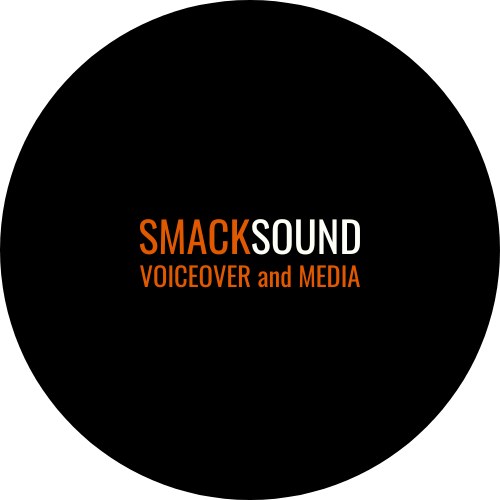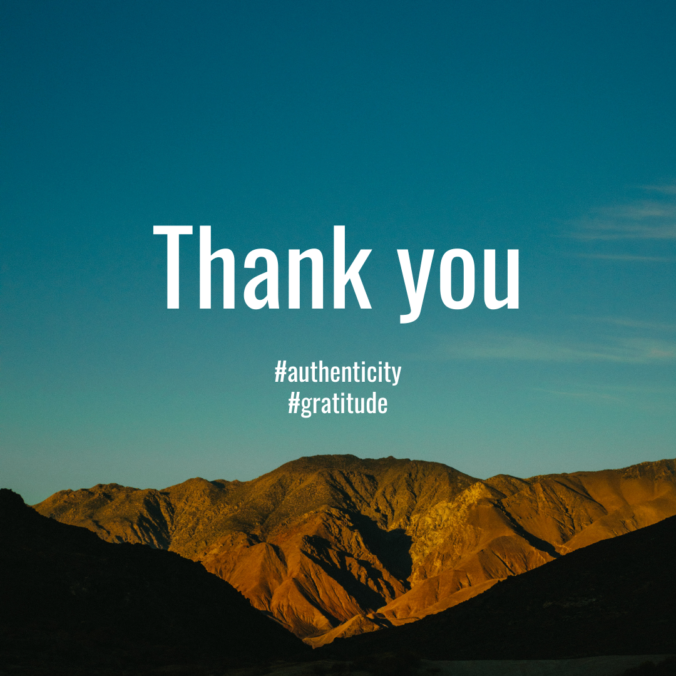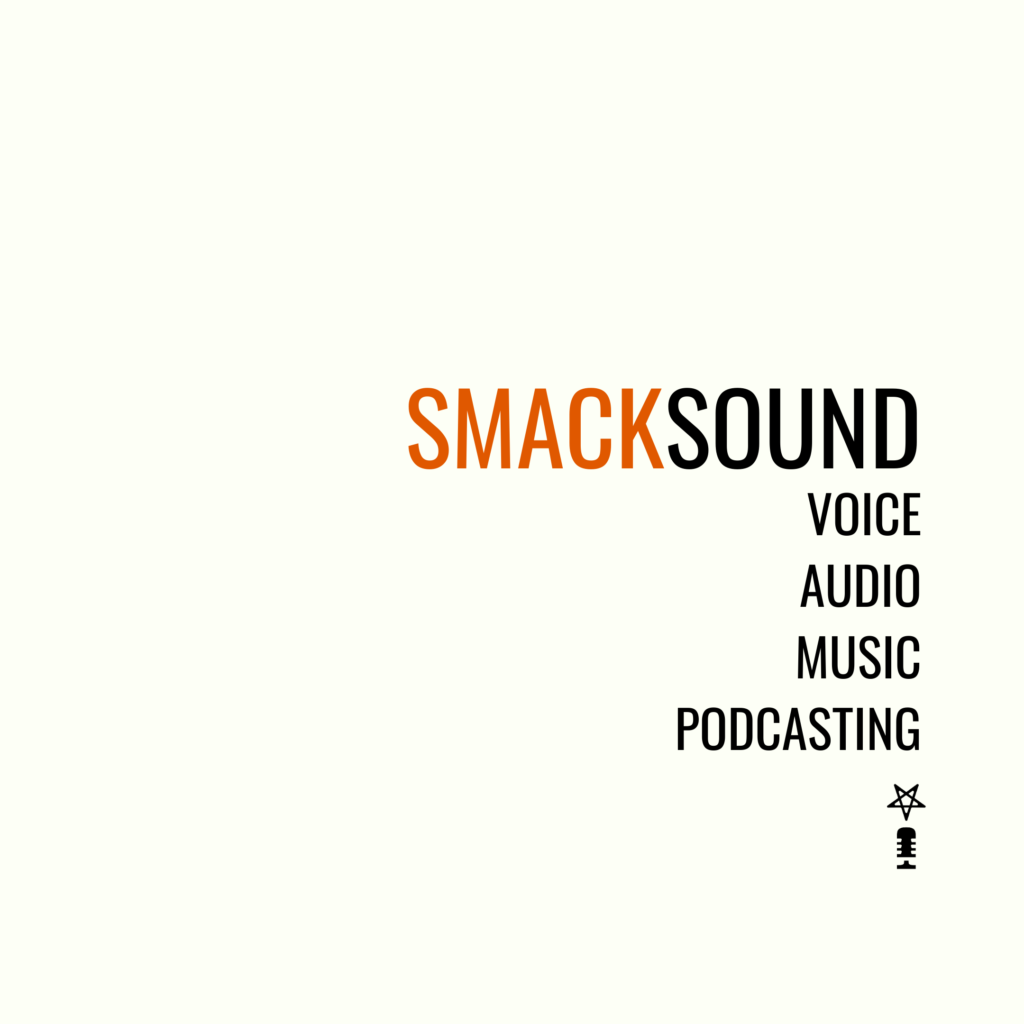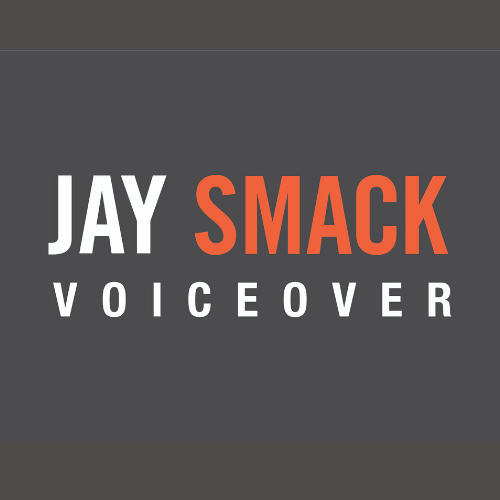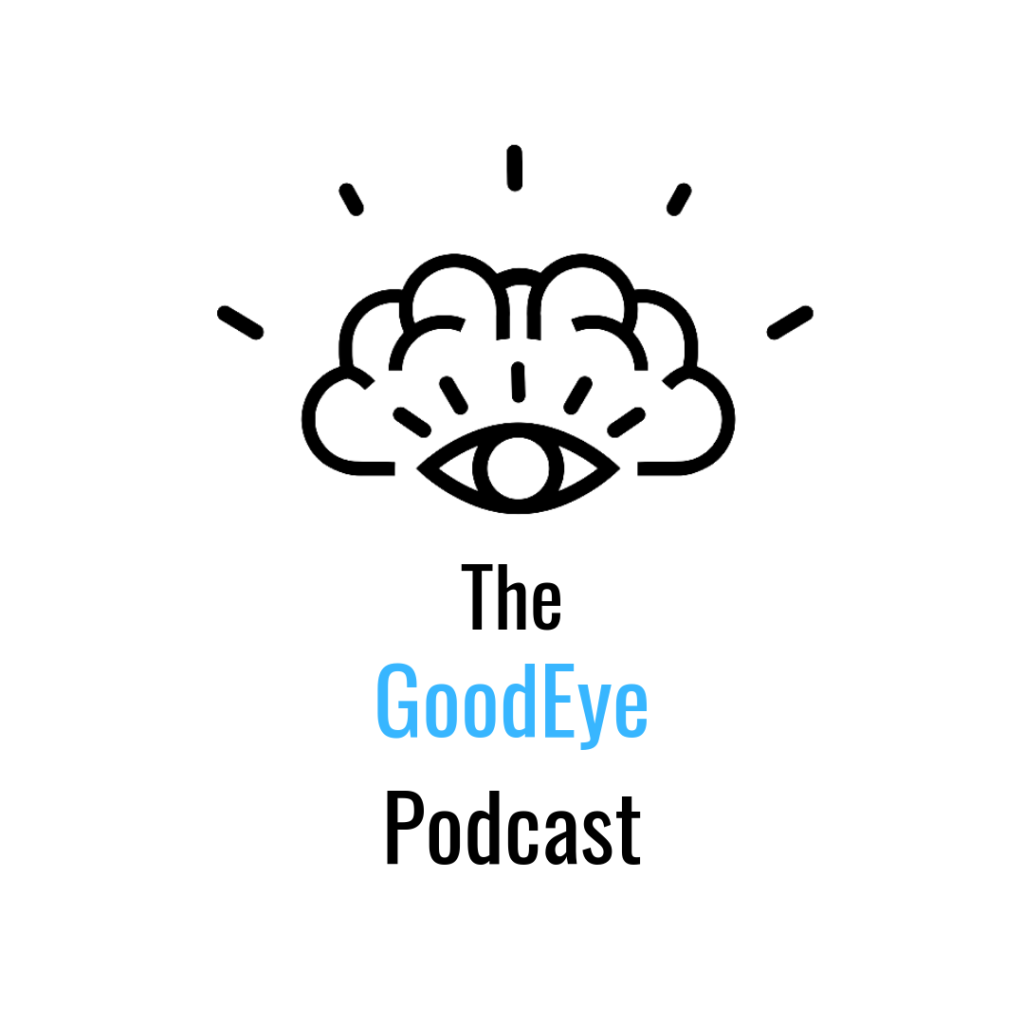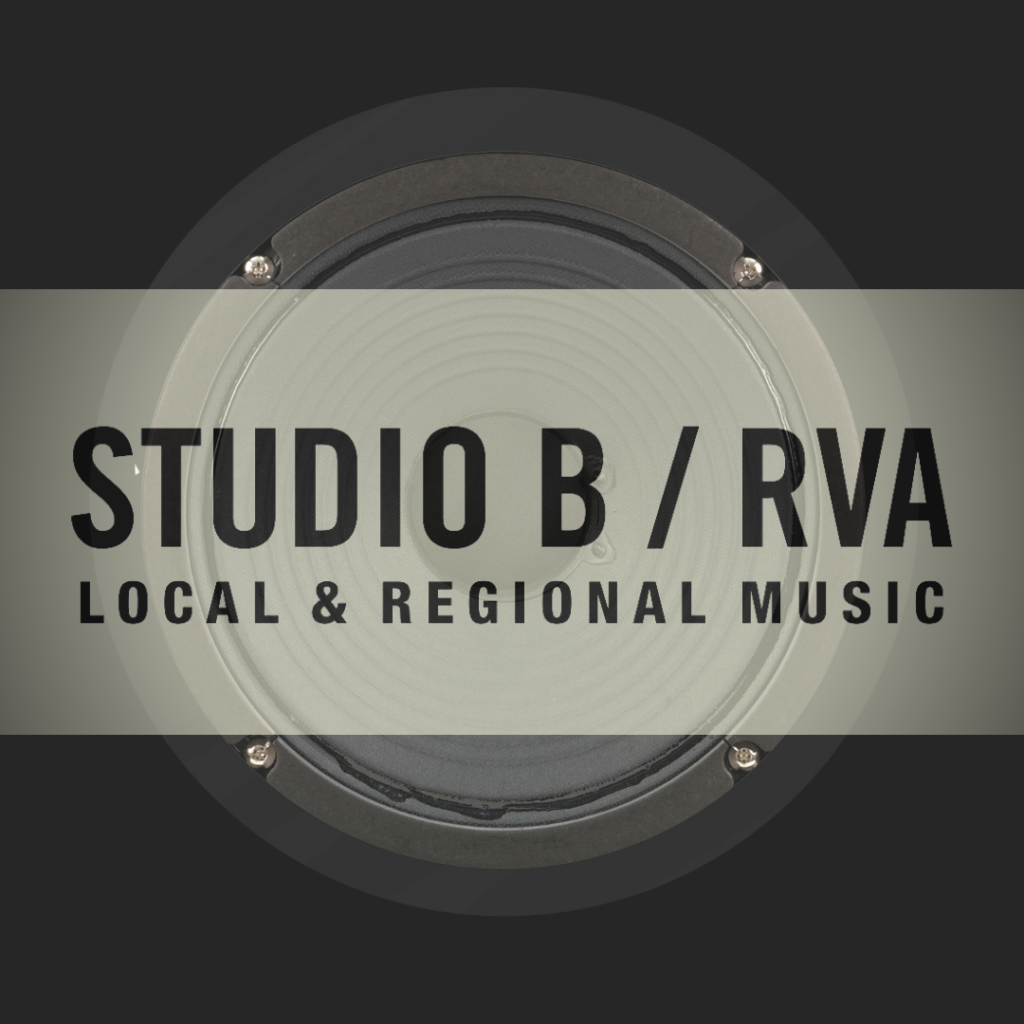I’m a voiceover guy. I provide a very specific service to my clients. The service I offer is SO specific that I realize I’m not always the right person for the job. A client might need a different voice, a different gender, someone with a different background or perspective, someone with a different overall vibe in their reads. The list of why I might NOT get booked gives clients ample opportunity to go somewhere else for their narration, commercial, corporate of other voiceover genre project. That’s why I value my clients so much. – especially regular and repeat clients. They are EVERYTHING.
Are you a small biz person, solo entrepreneur, or whatever you call being in business for yourself, BY yourself? The relationships you develop with clients, vendors, consultants, service providers, contemporaries/sounding boards, etc. – are so incredibly important and gratifying. They are, quite literally, the reason you are in business. If not your WHY, they are absolutely your HOW.
It’s essential that you stay in contact and let your clients and vendors know how much you appreciate them. It doesn’t take much. A short, sincere note or kind gesture goes so far when it comes to staying in touch and letting them know that you’re there for them and that you value their business.
If you don’t feel comfortable reaching out to people or think it seems transparent, just remember to be as authentic as possible. Speak from the heart. You appreciate their business because they are helping you stay in business. It’s as simple as that. So keep it as simple as that.
Here are a few suggestions when relaying messages of gratitudes to people you interact with professionally or otherwise.
- No selling. You’re thanking them. Don’t make them regret opening that email or getting that card.
- Let the subject line reflect something positive. Keep it simple. “Thank you” is perfect and enough.
- It could feel selly, but a promo code or discount as a ‘thank you’ is fine.
- Send it quickly after an interaction, project or sale. You’re still in their minds.
- Keep it brief. Again, you’re saying thank you. Don’t overstate it or make them search for the purpose of your email, card or letter.
- Make it personal. “To whom it may concern” kinda defeats the purpose of a thank you, doesn’t it?
- If you’re sending a small gift or package, include a note that they’ll find immediately. Don’t make them search for the reason why some unidentified person sent them something random.
- If you’re sending a letter or postcard, handwrite it. If you haven’t actually written anything in a while and your handwriting looks like shorthand, typing and printing it but then signing it personally is ok.
- Include your branding if possible. It looks more professional, but it’s still personal. This was a professional interaction you’re thanking them for, after all.
Below are a few simple notes you can send in a card, postcard, coffee gift cert or some other token of appreciation that will hopefully brighten their day. You can always email it too. Short, sweet and to the point. Although in this digital age, snail mail and a physical letter or card is very rare and always appreciated.
Personalize pronouns, sentiment and message to match your situation.
- Thank you for your business. Please let me know if I can do anything else to help!
- Just wanted to say thank you for your business. I’m so lucky to have customers like you!
- Thanks for being an awesome client. I appreciate your business!
- Thanks for trusting me to help you with your recent project!
- I truly appreciate your business and look forward to serving you again.
- Just a quick note to say I sincerely hope you are satisfied with how the recent project turned out. Please let me know if I can help with anything at all.
- Thank you for your business and your trust. It is our pleasure to work with you.
- Thank you so much for your business. I’m honored to have you as a client.
- You are the reason I do what I do. Thank you for being a (great, loyal, awesome) client.
- Thank you. We hope your experience was awesome and we can’t wait to see you again soon.
- Because of loyal clients like you, my business continues to grow. Thank you so much for your business.
- Hope you are happy with the [recent] project we worked on together (name the actual project)! Thank you for being a valued [company name] customer!
- Thank you for making your first booking with me. I hope we get the chance to work together again soon.
- Thank you for hiring me for your project. I’ll always do my best to continue to give you the kind of service you deserve.
- Thank for your business. Hope to work with you again in the future.
